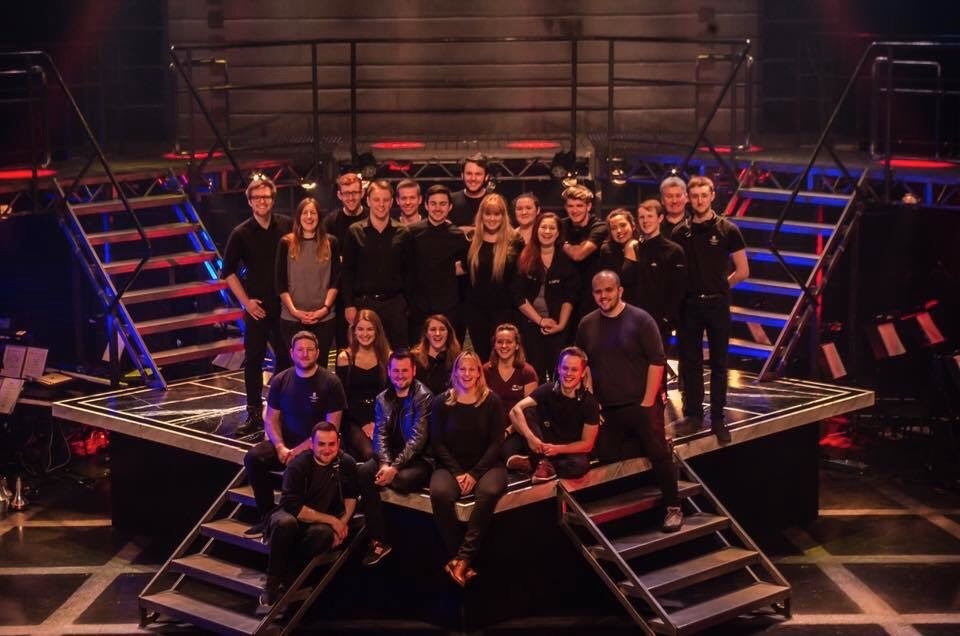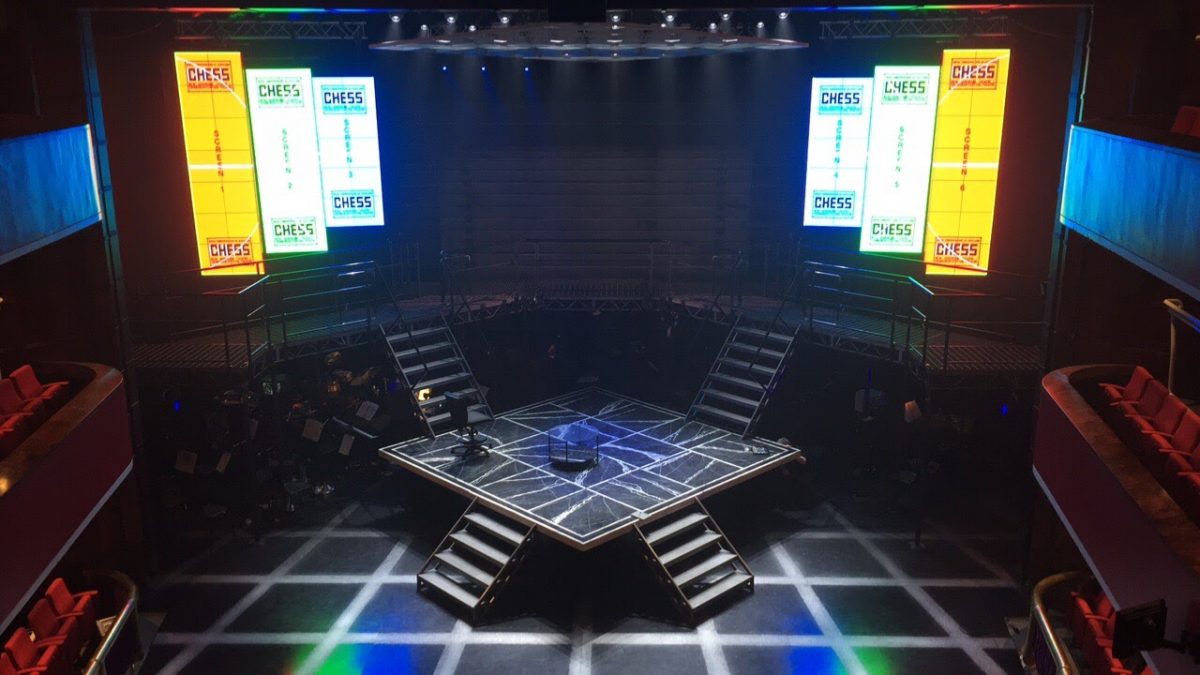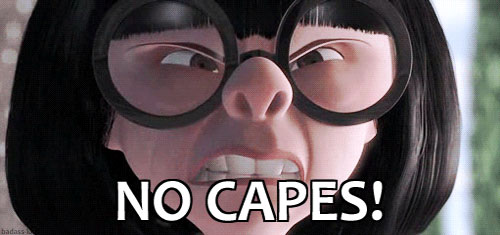Following on from the previous week’s introductory session, I was excited to get to work developing our group’s creative response to the United Nations Declaration of Human Rights. As a group, we began the first half of the session recapping our names and courses – this time going a little deeper into how we felt our areas of study could impact on, and contribute to, the group and performance. From the outset, I made clear that – though I would be unavailable to participate in the final performance – I would do everything I could to make it easier to facilitate a good final outcome.
After we had circled our expertise, our focus once again turned to the Declaration and our attempt to select an article to focus our work on. This proved futile, however, as we simply ended up reading and re-reading passages without reaching a point of clarity on the meanings behind each of the articles were. To overcome this, we decided to read the Declaration together, with myself re-writing each article in bullet-pointed plain English to make it more approachable for us to work from. It was a challenge for me to rewrite these complex ideas in such a short period of time, but one which I successfully navigated – with only a few articles dropped along the way. From this new document we started to be able to see some general themes occurring – like unity and brotherhood; ideas that, we concluded, should be reflected in our piece. We also used this opportunity to question why we needed to rewrite the document, noting the somewhat outdated language and sentiments. Some in the group even questioned what the purpose of the Declaration could even be in the modern era. I joined the side, however, of voicing support for the Declaration as a living document, and starting point for peoples liberation, rather than an un-evolving historical relic.
After tea break we continued this conversation, though it became apparent that particular voices among us had remained silent throughout. To combat this, we suggested playing a couple of warmup games to loosen everyone up. These proved somewhat effective as, when the conversation resumed, more people were willing to contribute to the discussion of our what our immediate responses to the Declaration were. As we neared the end of the session it seemed that some had similar, yet slightly different, ideas of what we were hoping to achieve by the following week. I took it upon myself to clarify an objective of selecting two or three articles for ourselves and finding our own responses to them, with the rest of the group agreeing that this was a good aim. Continuing on from this, I feel it would be useful to end every session with an ‘aim to achieve’ statement, as this could help keep the process rolling throughout the week as opposed to stopping completely between our limited time together as a group on a Monday afternoon.



